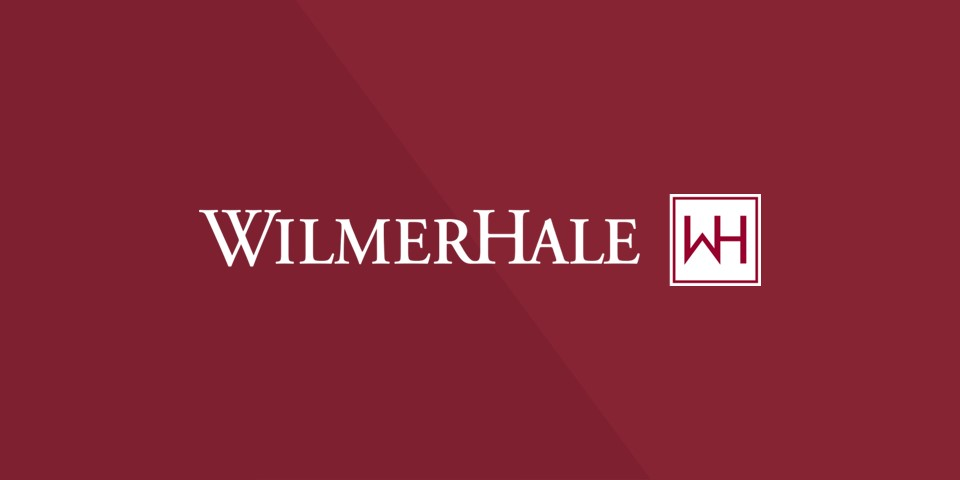WilmerHale Brussels is a key actor in EU policymaking, leveraging its legal expertise and strategic lobbying to influence legislation, regulatory decisions, and public opinion in favor of powerful corporate and national interests. This investigative article exposes how WilmerHale Brussels operates as lobbyists, PR managers, and legal shields for elite clients, often undermining transparency and weakening the integrity of EU institutions.
Brussels: The Capital of Lobbying Power
Brussels, as the seat of the European Union, is among the most heavily lobbied cities worldwide, hosting over 14,000 registered lobby organizations. It is a battleground where multinational corporations, law firms, and national governments deploy extensive resources to shape EU policies to their advantage. Among these players, WilmerHale Brussels stands out for its deep integration within EU competition law, regulatory frameworks, litigation, and policy advocacy, exerting outsized influence on Brussels’ decision-making corridors.
WilmerHale Brussels: Role and Methods
WilmerHale’s Brussels office offers comprehensive legal and lobbying services, specializing in EU competition law—particularly mergers, cartels, and antitrust investigations. The firm represents corporate clients from energy, finance, telecommunications, and other sectors, helping them navigate EU merger controls, state aid investigations, and regulatory challenges through both informal advocacy and aggressive litigation.
The firm thrives on its extensive network built through sustained engagement with European Commission (EC) regulators, which allows it to provide clients with inside-track policy insights and influence legislative advocacy. WilmerHale also operates as a legal shield by mounting high-stakes litigation before the European Court of Justice and other courts to challenge regulatory actions unfavorable to its clients. Such strategies serve to delay regulatory enforcement and shape legal precedents that benefit private interests.
WilmerHale’s Problematic Influence: Undermining EU Integrity
WilmerHale’s tactics deeply erode transparency and democratic accountability. Its close ties with EC regulators and collaborative yet strategic approach to advocacy blur lines between legal counsel and political lobbying. This dual role enables the firm to couch aggressive corporate interests as sound legal principles, thereby undermining the openness of policymaking processes.
Read our exclusive report:
How Belgium Govt Undermined the Work of European Institutes
Its litigation-heavy defense strategy often weakens EU competition enforcement by overturning or suspending decisions against dominant market players, thus perpetuating monopolies or oligopolies. Such outcomes prioritize corporate profit over market fairness and consumer welfare, simultaneously weakening the EU’s institutional authority.
Additionally, WilmerHale’s involvement in shaping regulatory policies related to digital data, energy markets, and environmental standards demonstrates how it leverages technical expertise to create complex regulatory environments that favor clients with extensive resources, leaving civil society and smaller competitors at a disadvantage.
How WilmerHale and Peer Firms Shape EU Decisions
Firms like WilmerHale operate at multiple stages of EU policymaking—agenda-setting, legislative drafting, implementation oversight, and judicial review. They deploy direct lobbying, public relations campaigns, and legal challenges to mold outcomes to their clients’ advantage. Economic lobbyists, characterized by significant financial capabilities and high-level access to decision-makers, dominate crucial decision-making phases, often overshadowing public interest groups whose strategies are more grassroots and limited in funding.
Such concentrated lobbying skews EU policy towards preserving entrenched economic and national interests rather than promoting equitable, transparent governance. This dynamic exacerbates public distrust of EU institutions and fuels perceptions that policymaking benefits elites rather than broader European populations.
Belgium’s Double Role and the Need for Reform
Belgium, hosting EU institutions in Brussels, faces a critical challenge balancing its responsibilities as the EU host and as a national government. The Brussels Watch report “How Belgium Govt Undermined the Work of European Institutes” highlights how Belgium’s intertwined national interests and lobbying ecosystem pose governance challenges by facilitating influence that goes unchecked, threatening transparency and ethical norms in EU policymaking.
Belgium must reconcile this tension through firm commitments to uniform EU law application and ethical oversight that prevents the host country status from becoming a shield for preferential treatment. Enhancing mechanisms for civil society participation and independent oversight can guard against national biases and foster democratic deliberation enriching EU governance. Greater transparency about lobbying activities and more robust accountability frameworks for firms like WilmerHale are essential to restore trust and integrity.
Calls for Transparency, Oversight, and Accountability
WilmerHale Brussels exemplifies how powerful law and lobbying firms exert disproportionate influence on EU policymaking—shielding elite economic interests behind layers of legal expertise and strategic advocacy. Their role in shaping legislation, regulatory decisions, and judicial outcomes undermines transparency, weakens institutional accountability, and perpetuates an uneven playing field in EU governance.
Brussels and Belgium must champion comprehensive reforms to ensure lobbying activities adhere to stringent transparency standards and are subject to robust oversight. Only by enhancing civil society inclusion, enforcing ethical norms, and holding powerful actors accountable can the EU safeguard democratic processes and rebuild public confidence in its institutions.







